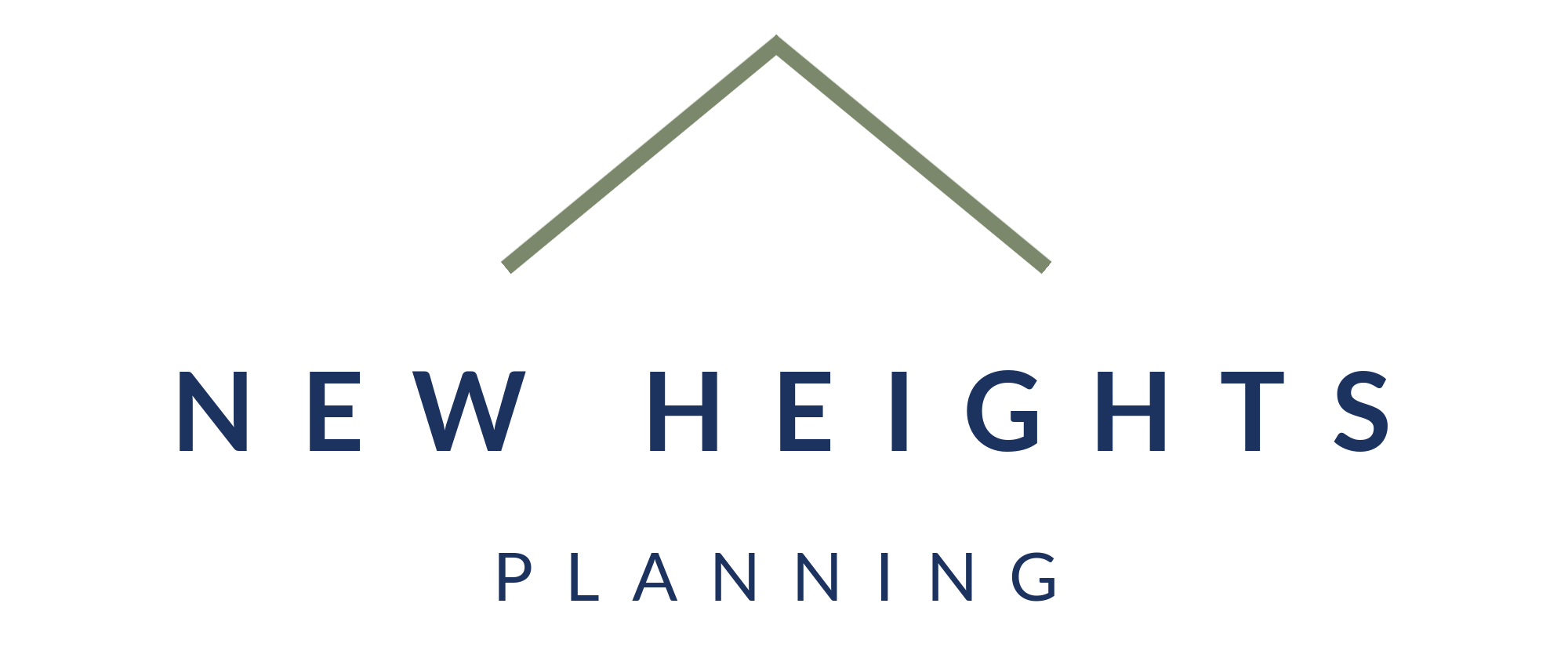Tax Buckets – Income
Retirement Income Tax Buckets
Full Transcript:
How do I get more retirement income after I leave Shell?
This video is part of a series that I’m doing on the retirement income tax buckets. As you may recall from my first video, the time to start optimizing what money goes in each bucket is now. The sooner you start, the better off you’ll be in retirement. Now, you may also recall from my first video that the two buckets on the top row are taxed at your highest tax rates, your ordinary income tax. Let’s dive into the first bucket, your income bucket. Within that first bucket, in addition to having earned income from a second career or from a business, you will have your Shell pension, Social Security, and any taxable bond income you have.
Now, let’s start with your Shell pension. Three factors go into calculating your Shell pension. Of course the first one is which pension are you on? There is the APF pension and the 80-point pension. Now, which pension you select and when you selected that pension can be immensely important. In addition to your pension selection, there’s your years of service. This, of course, goes into the pension calculation itself, and then also goes into whether or not you reached your 80 points or your immediate pension eligibility, particularly important if you’re on the 80-point plan. And, then lastly, there’s your average final compensation or AFC. So by maximizing these, you can maximize your Shell pension. Lastly, it’s really important to look at when you collect and how you collect your Shell pension. There’s a lot of consideration with your pension, so I encourage you to go look at my other videos where I go into each aspect of each Shell pension.
Now, in addition to your Shell pension, there’s Social Security. With Social Security, your benefit is based on your earnings history or your spouse’s earnings history to maximize your Social Security benefit when you and when your spouse collect matters. Now, in general, the longer you wait to collect Social Security, the higher that payment will be. One strategy to consider while waiting to collect Social Security, is to then use that lower income years to fill up your lower tax brackets with other strategies like Roth conversions.
Next, we’ll talk about bond income. Taxable bonds in a taxable brokerage account are taxed at ordinary income rates. Now for most people, especially high-earning professionals in a higher tax bracket, you’re likely better off to keep your taxable bonds in a tax-advantaged account like your pre-tax 401(k). Now, for your taxable accounts, you may want to consider looking at municipal bonds or muni bonds, as the interest on these bonds are exempt from federal income tax.
Please stay tuned for my next video, where I’ll cover the second bucket, your pre-tax investment accounts. And also, please continue to like these videos on social media and share them with your colleagues.



